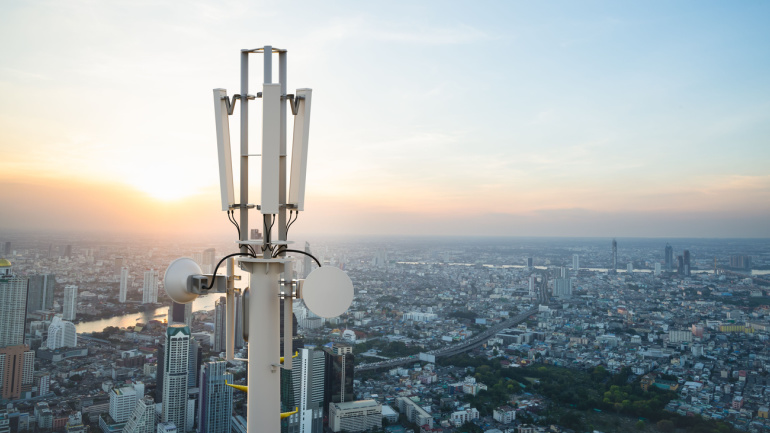
A significant €448 million funding package has been distributed among several telecommunications operators by the Spanish government. The goal is to cover the cost of upgrading isolated 5G base stations with fibre backhaul, specifically those located within areas where the population does not surpass 10,000.
More than 8,000 sites await these substantial upgrades under the UNICO 5G Networks Fibre Backhaul initiative driven by the Ministry of Economic Affairs and Digital Transformation (MINECO). The benefits will be two-fold: not only will the upgrades generate economic and civil engineering activity, but they will also minimize the digital divide for end-users.
An exciting twist is that this endeavour doesn’t necessarily favour multinational telecoms. In fact, the lion’s share of the funding was divided between Lyntia, a wholesale operator, and retail fibre broadband provider, Avatel. Lyntia will be using its €142 million to connect 2,900 locations, whereas Avatel’s €132.2 million will be invested in 2,700 locations. Other beneficiaries include local fibre operator Adamo (€82.5 million for 1,670 sites) and incumbent Telefónica (€73.5 million for 768 locations). The remaining beneficiaries, Orange Spain, Totem Towerco, Gurbtec, and Tradia each receive less than €10 million. Telxius and Vantage Towers notably abstained from application.
This ambitious upgrade program is a component of Spain’s broader strategy to deploy ultrafast broadband coverage reaching all its population by 2025. This milestone will be represented by broadband at minimum speeds of 300-Mbps which can be upgraded to symmetric 1-Gbps broadband. Furthermore, it will provide connectivity to public entities such as R&D centers, defence facilities and training centres on 1-Gbps network capability, and bolster Spain’s submarine cable capacity.
It is not just about implementing the network infrastructure, but identifying compelling reasons and opportunities to make the best use of it. With this in mind, UNICO has opened a €10 million call for proposals focused on experimental 5G projects which could be eligible for public funding. Entities providing 5G applications and services within Spain can apply for funding, with a particular interest in industries such as connected vehicles, agriculture, and audio-visual. Applications are open until 4 August.
In other Spanish telecom news, local Vodafone operator secured a €25 million contract to supply NB-IoT smart water meters to Madrid-based public utility, Canal de Isabel II. Alongside supplying 315,000 smart water meters, Vodafone will also provide supplementary solutions for leak detection, meter-tampering identification, and consumption pattern prediction. The ongoing goal is to upgrade all of Madrid’s six million inhabitants to smart water meters. Daniel Barallat, director of IoT of Vodafone, emphasized the importance of managing water resources effectively, stating, “We put our most cutting-edge technology at the service of Canal de Isabel II to actively contribute to the better conservation of natural resources and the most efficient management of water in Madrid.”




